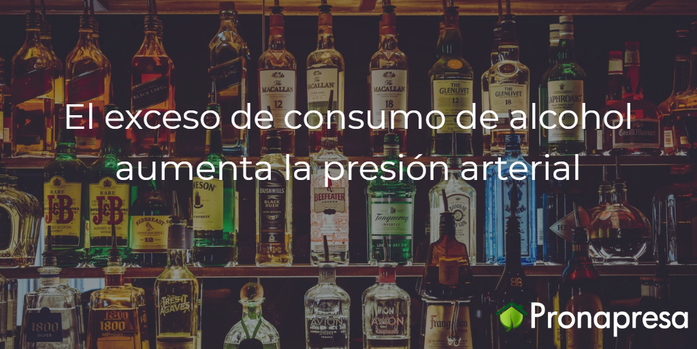
Although this study found a connection between heavy drinking and an increased risk of hypertension in young adults, it did not prove that alcohol was a direct cause of higher blood pressure. Researchers have long known of a link between heavy drinking and high blood pressure, said Dr. Guy Mayeda, a cardiologist at Good Samaritan Hospital in Los Angeles, but this study reveals how early it can start. "It is believed that in your twenties, you are invincible and immune to all those midlife illnesses, like heart disease and hypertension, but this study shows that young adult men who binge drink alcohol, have higher blood pressure," Mayeda warned.
Binge drinking is defined as men drinking more than five drinks and women drinking more than four in a single night, Twichell said. Twichell's team analyzed data from a 2010 survey of about 8,600 participants. Study volunteers were initially recruited in 1996, when they were 8 to 14 years old, according to the study. They completed detailed surveys for the study every one to two years. In 2010, participants were between 22 and 28 years old. The researchers found that young adult men were 70 percent more likely to develop hypertension if they had frequently binged on alcoholic beverages in the previous year. The researchers adjusted the data to account for weight, age, race and smoking, according to Twichell.
On the other hand, young adult women with light to moderate alcohol consumption were 45 to 62 percent less likely to suffer from hypertension, according to the study. The reason alcohol has variable effects on blood pressure has to do with the way alcohol affects blood vessels, Mayeda said. "Usually when you drink for the first time, your blood pressure goes down, but when you binge drink, you go into withdrawal when you stop drinking," he explained. "In people who go through withdrawal, heart rate increases and blood pressure goes up."
Alcohol is a vasodilator, meaning it initially dilates or enlarges blood vessels, allowing for greater blood flow, he noted. But during withdrawal, blood vessels shrink, according to Dr. Sarah Samaan, a cardiologist and co-chair of the echocardiography lab at Legacy Heart Center in Plano, Texas.
"Alcohol abuse could also increase the levels of adrenaline and other hormones and substances in the blood, such as cortisol, which are associated with hypertension," he warned. "Because hypertension increases the risk of heart disease, stroke and kidney disease, young men who binge drink alcohol put themselves at risk in many ways."
It's not clear why the effect was not seen in adolescents, but it may have had to do with the amount of data available, Twichell said. "Fewer adolescents reported very heavy alcohol consumption, and that difference might have prevented us from finding an association," he said. "It is also possible that the effects of binge drinking are different in adolescents and adults, but the reasons for this are not clear." Samaan suggested other possibilities related to physical differences between the participants. "Young women and teenage boys generally tend to have lower blood pressure measurements, so even these excesses are unlikely to cause blood pressure to rise above the 'normal' threshold," he said. "In women, it is possible that estrogen has some protective effect on blood pressure, although there is no way to determine this from this study."
Mayeda said another possibility is that blood vessels remain very flexible in adolescents, something that has been observed in autopsies of children, he said. Those findings don't mean women don't have to worry about their alcohol consumption, according to Mayeda, who cautioned that alcohol can have other adverse cardiac effects. "Alcohol becomes toxic to the heart muscle," he warned. "With high alcohol exposure, we always think patients will get liver failure, but in extreme cases, it can lead to congestive heart failure."
Share our posts, also like our Facebook, follow us to stay up to date with information like this.
PRONAPRESA
"Because prevention is better than cure"





















































